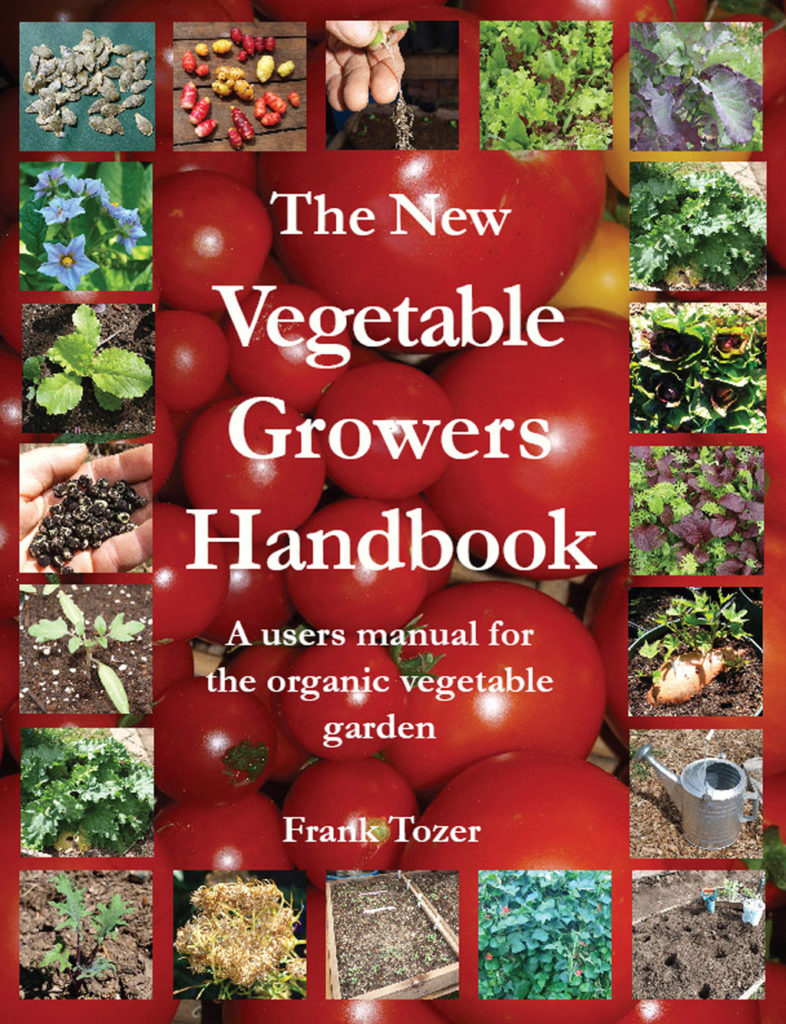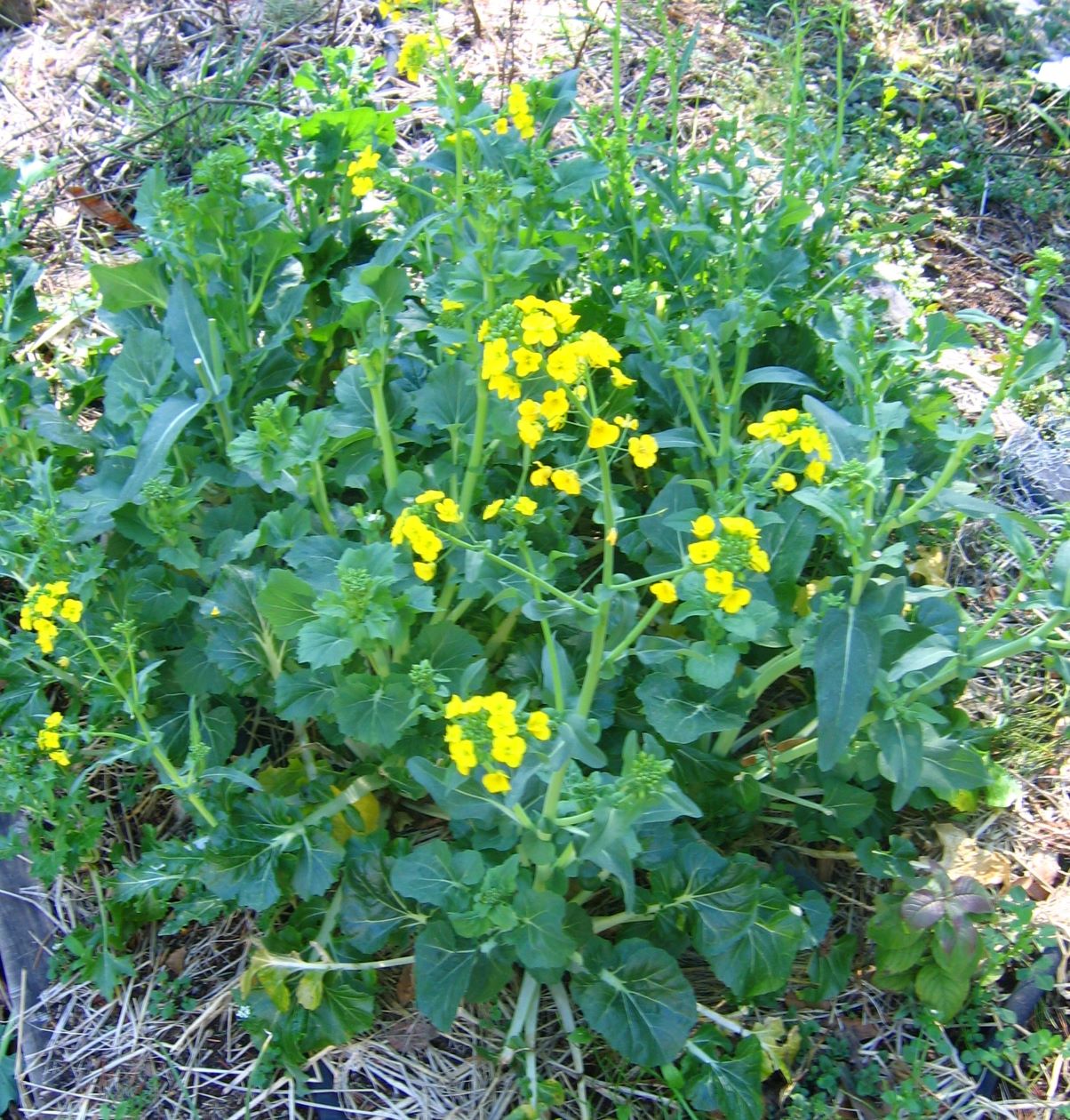I no longer sell books, but (after some struggle with the forces of tech darkness) I have made them available below as free PDF’s. If you want to download a file look for the link past the PDF window, its there.

A useful book for foragers, botanists, herbalists, gardeners, permaculturists, and anyone who wants to learn more about wild plants, this insightful guide provides interesting and valuable uses for more than 1200 species in 500 genera of wild plants found throughout North America and beyond.
The Uses of Wild Plants provides a survey of how plants have been used for food, drink, medicine, fuel, clothing, intoxicants, and more throughout history. Each listing includes a detailed description and drawing to aid in identifying these valuable plants in your garden and in the wild. Gardeners will learn cultivation techniques for the most significant of these plants, and their uses in the garden.

This is the updated version of The Vegetable Growers Handbook and like the original, it covers every aspect of growing all of the common crops (and a number of uncommon ones). As a long-time home gardener, the author knows exactly what information you need to succeed and presents it in a clear, thorough, and even entertaining fashion. There are step-by-step instructions on soil preparation, variety selection, raising transplants, direct sowing, watering, protection, harvesting, storage, seed saving, and much more. He doesn’t just tell you what to do and when to do it, he also tells you why, by explaining in detail how crops grow and why they sometimes don’t. This new, revised edition has been expanded by 50 percent, with more information on more crops, with the aim of creating the most useful and practical book on vegetable gardening available anywhere.

This is the updated version of The Organic Gardeners Handbook and covers literally every aspect of creating, managing and working in the organic vegetable garden. There are chapters on climate, site selection, soil science, fertility, bed preparation, composting, cover crops, planning, raising seedlings, direct sowing, watering, harvesting, weeding, pests, seed saving, harvesting, storage, season extension, greenhouses and more! It covers both the art and science of gardening with sufficient depth to have been used as a textbook in college horticulture classes, yet it explains everything in an easily understood and even entertaining manner. Whether you are a complete novice, or a veteran gardener, you will want to keep this book out in the garden shed with your tools. It is intended to be used in conjunction with its companion book, The New Vegetable Growers Handbook, which covers the cultivation of individual crops.
This new edition has been extensively revised, updated and expanded to be even more complete and authoritative, and is likely to be the most complete and useful guide to organic vegetable gardening that you will find anywhere.

This book expands the concept of food gardening to embrace the whole garden. The new food garden is centered around the intensive vegetable garden, but doesn’t stop there. It puts hedges, ponds, pathways, arbors, lawns, roofs, and walls to work as additional growing space for food plants. Fruit and nut trees, bush fruit, edible vines, perennial vegetables, herbs, annual crops, aquatic plants, weeds, and edible wild plants are used to increase the quantity and variety of foods available with little extra work. The author doesn’t just look upon the garden as a place to grow food, however; it is a place to be lived in and used, so he also concentrates on making it beautiful, comfortable, and efficient. He describes practical ways in which the garden can help us to reduce our impact on the earth. Included is advice on making the garden pay for itself, or even to provide an income. The author’s ultimate aim is to change the way we approach the garden so that it feeds, heals, and nurtures us. The productive garden should be an integral part of the home, and growing food should be a part of everyday life.
This book is my favorite of all of the ones I have written, as it more closely reflects the way I garden, but I was very rushed while editing so it contains quite a few typos which some people hate. If you can’t stand anything less than perfection, then avoid it (I guess I will fix them at some point, but not today.)










